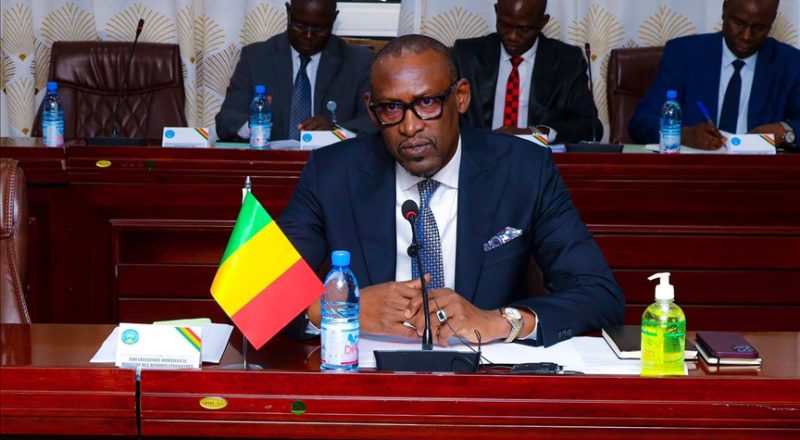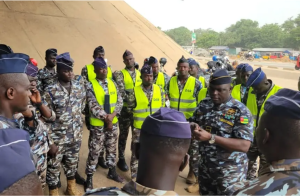Sahel: From self-determination to a new geopolitics for the AES

Malian Foreign Minister Abdoulaye Diop emphasized that the future of the Alliance of Sahel States (AES) will be determined by its member nations, not by external powers such as Brussels, Paris, Washington, or London.
Diop made this statement during the 36th Crans Montana Forum held in Brussels from June 26 to 28, 2024.
The Crans Montana Forum, themed “The World General Assembly” this year, provided a prime opportunity for Abdoulaye Diop to articulate the vision and goals of the AES.
His discussion with the African Ambassadors Group was crucial in outlining the details and intentions behind this new alliance, which aims to reshape the geopolitical landscape of West Africa.
The Sahel States Alliance, comprising Mali, Niger, and Burkina Faso, is focused on addressing shared challenges such as terrorism and insecurity.
The alliance seeks to enhance regional cooperation and achieve greater autonomy in strategic decision-making, reducing reliance on external powers.
The embodies a bold vision of self-determination for these three countries, emphasizing strengthened regional collaboration and increased independence from external influences.
Abdoulaye Diop’s remarks at highlight the commitment of these nations to develop African solutions for African problems, thereby redefining their geopolitical role on the global stage.
Titi Keita






